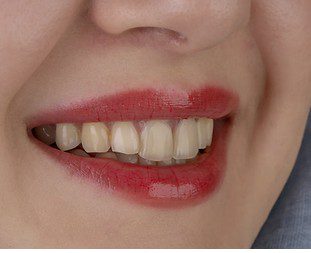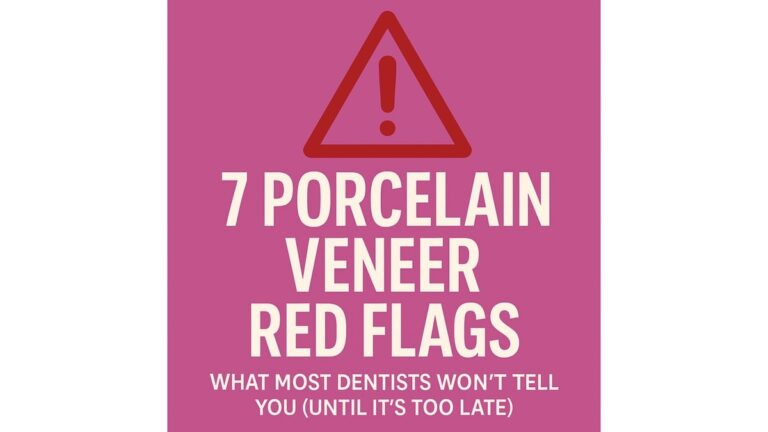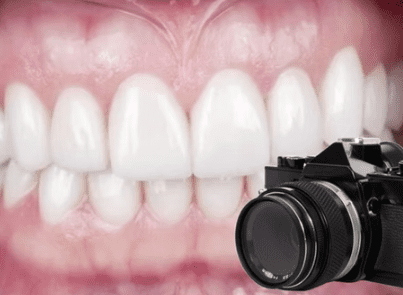Why Porcelain Veneers Stain More Than You Might Expect
Not all smiles age the same. While many believe porcelain veneers are stain-proof, the reality tells a different story
A common belief is that porcelain veneers do not stain, but newer data shows that is not entirely true, and porcelain veneers stain.
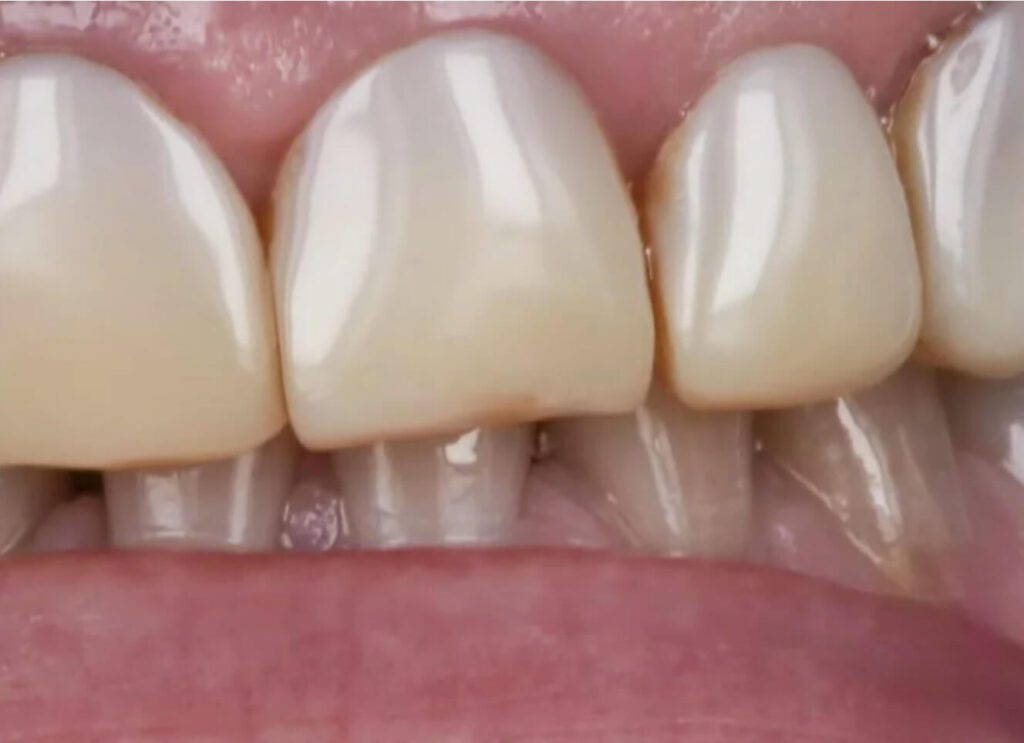
How Natural Teeth Resist Staining
Natural enamel is resilient. While it can pick up some staining from coffee, tea, wine, and darker foods, good oral hygiene and regular cleanings help keep natural teeth looking bright and healthy for years.
Unlike porcelain veneers, enamel has the ability to respond to whitening treatments and polishings, making it easier to maintain long-term brightness without irreversible procedures.

How Porcelain Veneers Lose Their Shine
Although porcelain veneers are praised for their initial beauty and brightness, their stain resistance is not permanent.
They are protected by a surface glaze that keeps them looking new at first. However, everyday activities like eating, brushing, and polishing can slowly wear down this glaze.
Once that protective layer is compromised, porcelain veneers can begin to stain. This is contrary to the popular belief that they stay flawless forever.
Porcelain veneers are simply a ceramic shell covered with a thin surface glaze rather than a material that is stain resistant throughout:
A common scenario which we see is a patient gets porcelain veneers and initially loves how bright and flawless their smile looks. But over time, sometimes after just a year, they return to the dentist because one or more veneers appear slightly darker or less shiny than the others.
In many cases, this happens after a minor adjustment, like smoothing out a chip or correcting the bite.
The dentist may grind a small area of the veneer, unknowingly removing part of the thin outer glaze that gives it stain resistance.
However, this can also happen without any dentist intervention. Everyday wear and tear such as brushing, chewing, or eating acidic or abrasive foods can gradually wear down the surface glaze.
Once this protective layer wears off, the underlying porcelain becomes exposed. Unlike the glazed surface, this inner ceramic is more porous and prone to staining from coffee, tea, wine, or even colorful foods.
So even with perfect oral hygiene, patients may notice their veneers starting to discolor over time, not because the material is poor, but because the stain resistance only lasts as long as the surface glaze remains intact.
Enhanced Composite Veneers: A Stronger Alternative
Enhanced composite veneers offer a major advantage because they are layered and sculpted by hand rather than just coated.
The material itself is designed to be stain resistant throughout, not just on the surface.
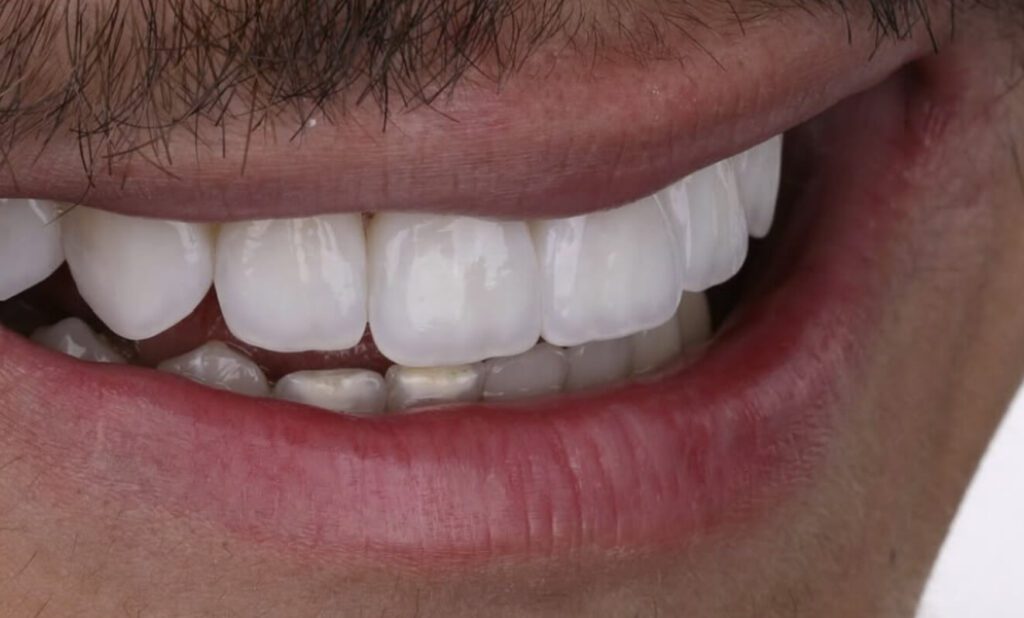
Because of this, enhanced composites tend to hold their color and brightness far better over time compared to porcelain veneers.
Their structure makes them one of the most color stable and long lasting options available today.
Emerging data indicates that enhanced composite resin veneers provide equal or better stain resistance than porcelain veneers, due to improvements in layering techniques, advanced materials, and precise application methods.
What This Means for You
Choosing the right option is not just about how your smile looks today. It is about how it will hold up years from now.
Natural teeth and enhanced composites tend to resist stains better, while porcelain veneers may need more maintenance once their glaze wears down.
If you are considering upgrading your smile, it is important to understand the differences and choose a solution that will truly last.

Disclaimer: This content is for informational purposes only and does not constitute medical or dental advice. Always consult with a licensed dental professional before making decisions about your oral health.
